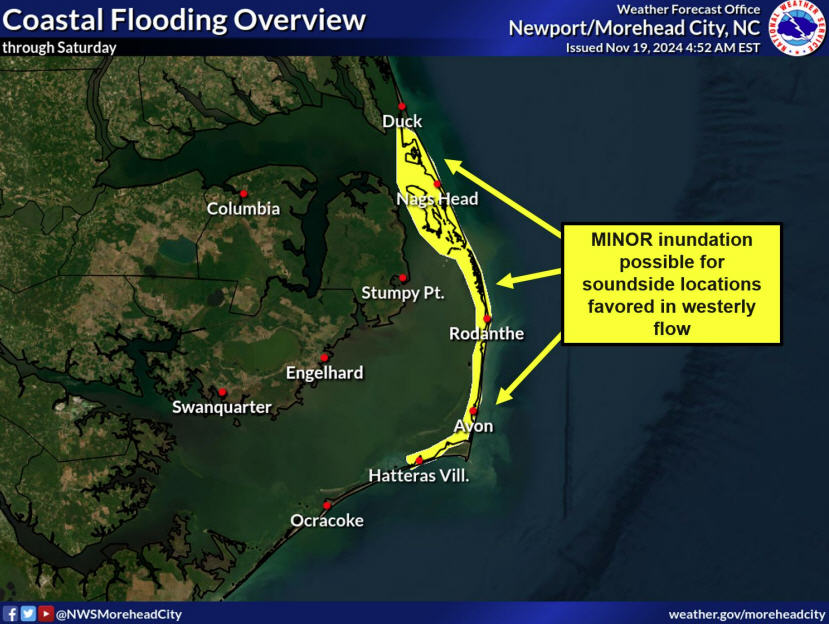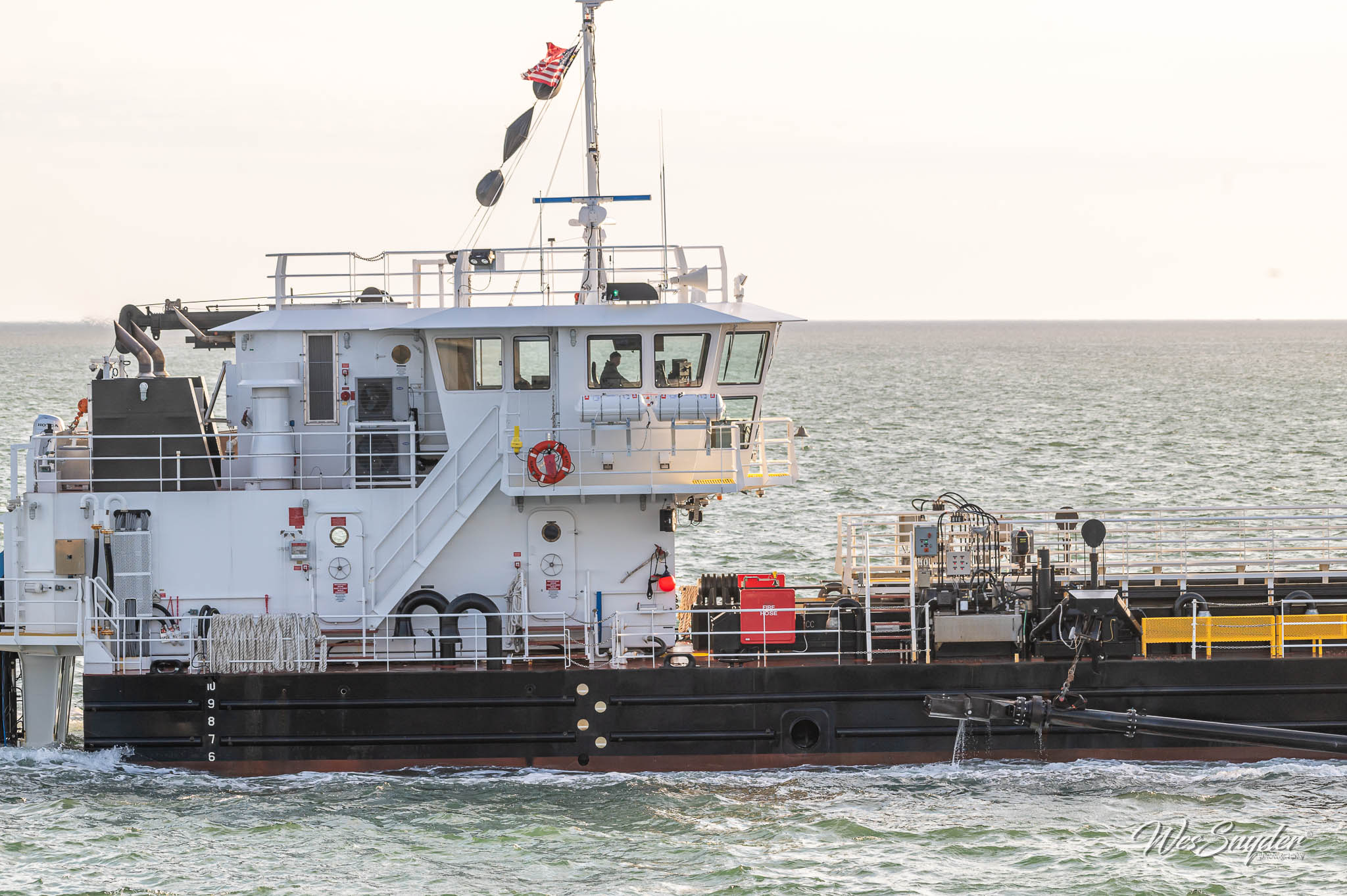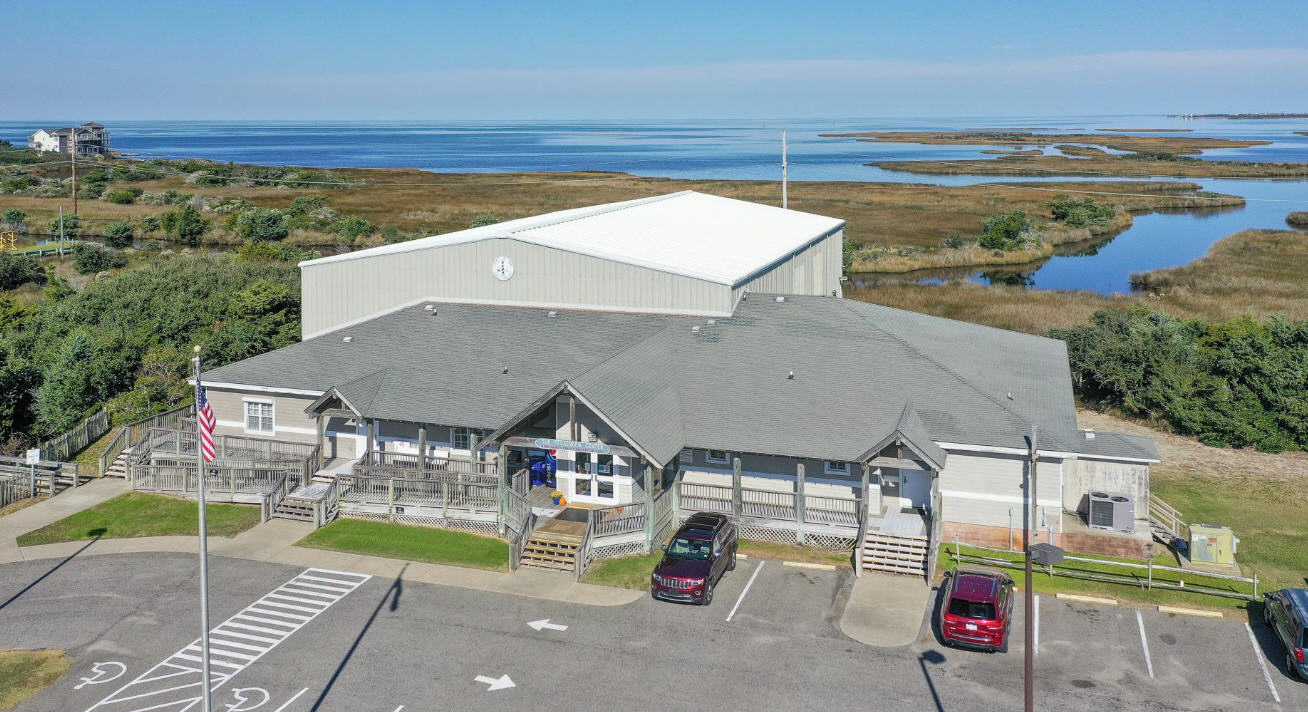U.S. Sen. Kay Hagan says meetings with constituents must continue
At her first informal meeting with her Outer Banks constituents on Wednesday, Jan. 12, U.S. Sen. Kay Hagan moved easily among tables at the Dare Center, stopping at each one to chat and listen.
Moments before, the North Carolina Democrat breezed into the room, greeting local officials with familiar back-pats and banter about rock fishing and tuna catches. Numerous folks thanked her for helping push the Bonner Bridge replacement project forward.
“It is long overdue, so I am just doing my job,” Hagan responded, briefly speaking to the room prior to launching the more private “Conversations with Kay.”
Hagan’s event came just days after a mass shooting in Tuscon, Ariz., killed six people and injured 14, including U.S. Rep. Gabrielle Giffords, D-Ariz., at a similar meeting with her constituents.
That attack sparked fear of further attacks on politicians in public places, but yesterday Hagan told reporters that the violence did not change her mind about the importance of the state’s residents seeing “their elected officials one-on-one.”
“But I also think we need to be conscious,” she said, “and understand the tragedy that occurred in Tucson on Saturday and be absolutely horrified at what happened.”
Near the door, Dare County Sheriff Doug Doughtie stood unobtrusively, keeping a close eye on the room filled with about 60 people. Plainclothes officers mingled in the crowd, and deputies also kept watch outside the door, although no one was searched before entering.
“We are just making sure that everything is OK and there is a police presence,” he said.
Bobby Outten, the county manager, said that before speaking to the sheriff, he consulted with the senator’s office on Monday about security.
“There is more than we would have had in the past,” he said.
Prior to winning the seat previously held by Republican Sen. Elizabeth Dole, Hagan, 57, had represented Guilford County for 10 years in the state Senate.
Hagan, who has had Wanchese native Melissa Midgett on her staff since 2004, lamented that Manteo’s Marc Basnight, until recently the longtime Democratic Senate leader in Raleigh, has left politics.
“I personally hate that he’s retiring,” she said. “He has done an incredible job.”
Hagan said that her top priority this Congressional session is restoring jobs — additional military contracts in North Carolina was one suggestion — and improving the business climate, followed by reduction of the nation’s debt.
But she also recognized that friction with the National Oceanic and Atmospheric Administration over a number of issues was a big concern to Outer Banks watermen.
Sitting with several other Outer Banks fishermen, Dewey Hemilright, who fishes out of Wanchese, tried to explain the ongoing frustration with being barred from legally catching striped bass in federal waters, technically called the EEZ — Exclusive Economic Zone —despite that fishermen say the resource appears to be recovered.
After listening intently to the watermen, Hagan concluded that it would be a good idea to “bring someone down here with authority” to discuss the NOAA issues.
“You always hear the politicians talking about jobs, jobs, jobs,” Hemilright said after Hagan moved away. “This past week, if the EEZ was open, you’d have instant economic stimulus that wouldn’t cost the taxpayer any money.”
As could be expected, Hagan also got an earful about the U.S. Department of the Interior, mostly related to the pending controversial off-road vehicle management plan in Cape Hatteras National Seashore.
When Hagan arrived at his table, Buxton resident Bob Davis told her that he wants funding to be withheld from DOI.
“We’d like to have them replaced with some humans who represent human needs,” he told the senator. “We need to get back to a recreational park.”
Hagan later said that the livelihoods of commercial fishermen in North Carolina must be protected, and that the state must have a strong voice on regional fisheries resource management councils.
In her travels across the state, Hagan said she has rarely heard the nastiness and partisan divide that some say was reflected in Arizona. But she did agree that the tighter margins in the Senate now will require harder work to be effective.
“I think it’s a positive discourse,” she said. “I also think that people believe we need to come together as a country.”












